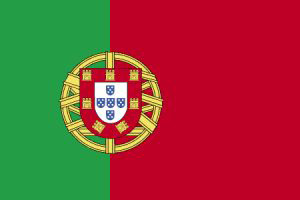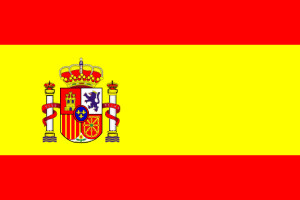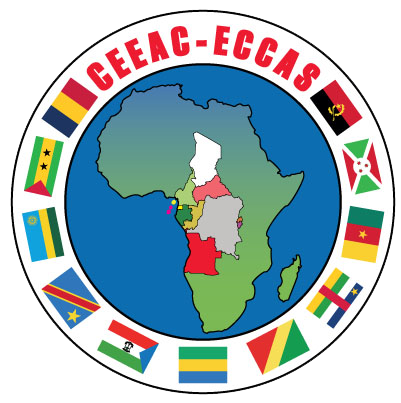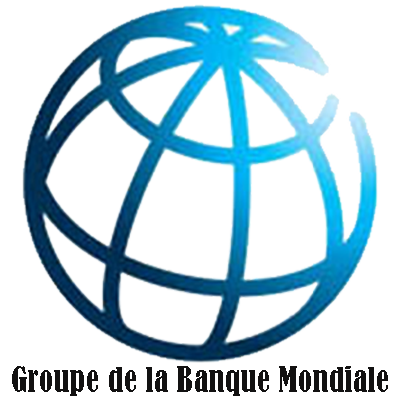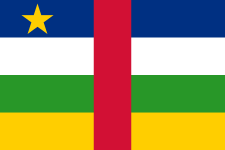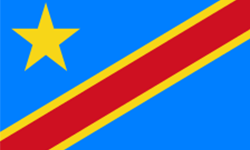NATIONAL MALARIA CONTROL PROGRAMME MANAGERS OF EAC MEMBER STATES ADOPT REGIONAL PLAN FOR MALARIA ELIMINATION IN CENTRAL AFRICA
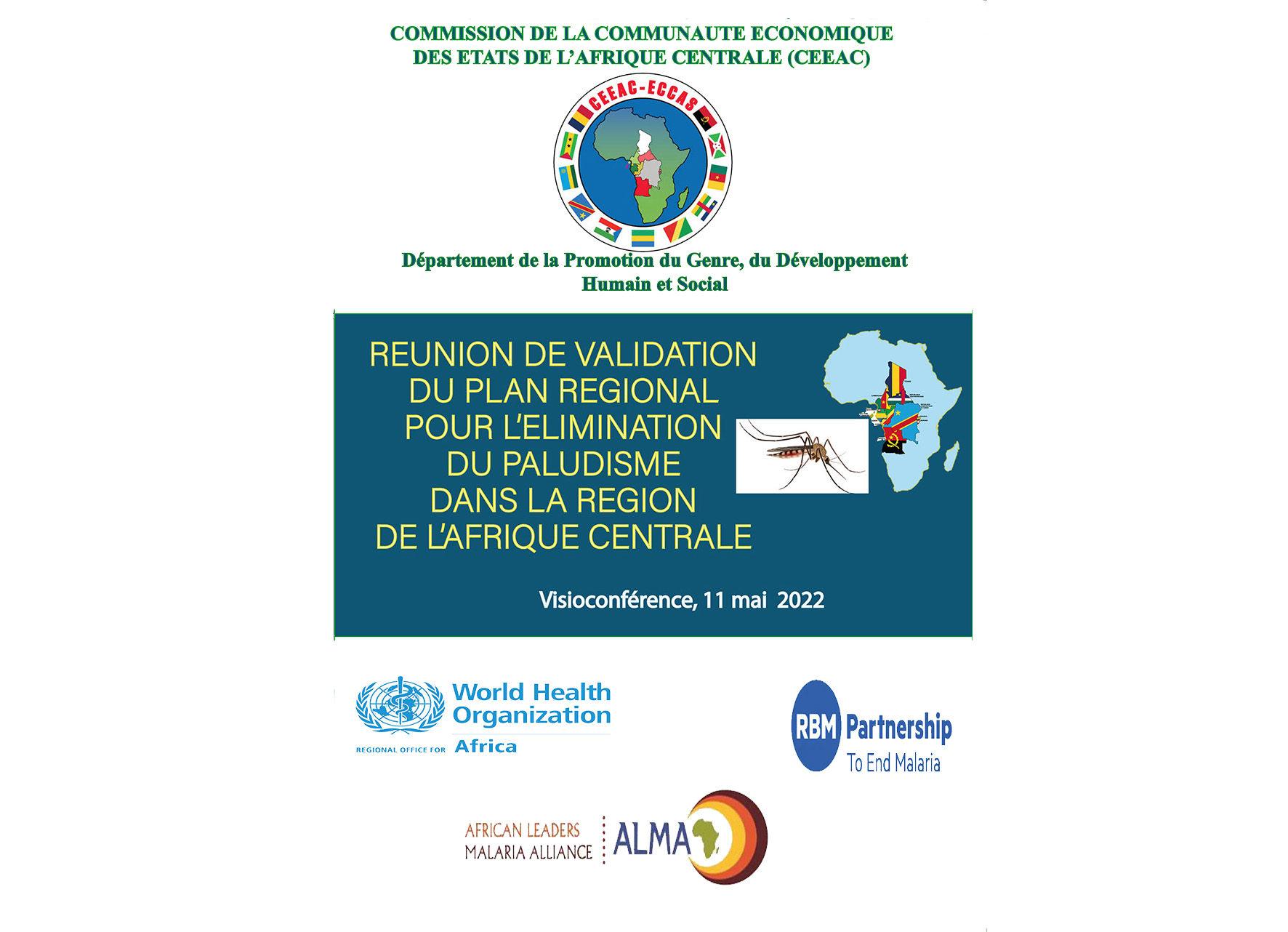
The official opening of the meeting was chaired by Mrs. Kapinga Yvette NGANDU, Commissioner in charge of the Department of Gender Promotion, Human and Social Development, on behalf of His Excellency Ambassador Gilberto Da Piedade VERISSIMO, President of the ECCAS Commission.
The Commissioner reminded participants that malaria remains by far the most deadly disease in the world in general and more particularly in our ECCAS sub-region, where more than 80% of children under 5 years of age are the most affected with one African child dying every minute.
She stressed that in Central Africa this situation requires special attention as the eleven (11) member states of ECCAS alone account for nearly a quarter of the global burden in terms of morbidity and mortality due to malaria. Hence the justification for the development of this regional plan for the elimination of malaria in the ECCAS zone.
The representatives of various partner organisations, such as the African Leaders Malaria Alliance (ALMA) and the World Health Organisation (WHO), who took the floor expressed their availability and their support, both technical and financial, to the ECCAS Commission for the effective implementation of the said plan in all ECCAS Member States in order to achieve the objective of eliminating Malaria by 2030.
At the end of the exchanges that followed the presentation of this plan, the participants appreciated the new dynamism resulting from the reform of the ECCAS Commission which accompanies the countries in the identification of the needs and solutions to the common health problems in the sub-region.
The participants unanimously adopted the regional plan for the elimination of malaria in the ECCAS zone, which is based on five priority regional interventions :
i) Support the promotion of political and financial commitment to malaria elimination at the highest level of national and regional decision makers;
ii) Strengthen regional coordination and inter and multi-sectoral collaboration to achieve the goal of malaria elimination;
iii) Promote by 2026, the surveillance system, monitoring and evaluation, and research to accelerate the process towards malaria elimination;
iv) Facilitate cross-border collaboration in the coordination and implementation of certain interventions such as Long Lasting Insecticide Treated Nets (LLINs) distribution campaigns;
v) Mobilise resources to support the implementation of the strategic plan, and ensure long-term sustainability for the regional malaria elimination ambitions.
Participants also discussed the draft proposal of the "scorecard", as a tool that is proposed by ALMA to monitor and evaluate ECCAS countries in the implementation of the malaria elimination indicators.
Among the recommendations made by the participants are the integration of immunisation in the National Strategic Plans; the adoption of a common regional positioning on malaria immunisation; the emphasis on awareness campaigns on the use of Long Lasting Insecticidal Nets (LLINs) and malaria vaccines; the updating of the basic indicators of the Regional Strategic Plan according to the updated data from the countries; the organisation of a specific meeting to exchange on the collection tools and to validate the indicators of the scorecard; etc.
The participants also asked the ECCAS Commission to organise more cross-border surveillance actions to face the re-emergence of epidemics and public health threats in our sub-region. They also expressed the wish that the adopted plan be presented as soon as possible to the Ministers in charge of Health of ECCAS member countries for validation.
Closing the meeting, Commissioner Kapinga Yvette NGANDU thanked all the participants for their constructive interventions and active participation, which helped to improve and enrich the plan. She requested the support of partners, notably WHO, ALMA and RBM, to accompany the ECCAS Commission in the effective implementation of the plan.
She recalled that the Central African Health Organisation (CAHO) which will be operationalised at the end of May 2022, in Equatorial Guinea, will play a great role not only in the implementation of this regional plan for the elimination of malaria and the "scorecard" for monitoring its implementation, but also, It will be in charge of coordinating all health activities in the sub-region, including cross-border surveillance activities, the development of regional strategy documents, the harmonisation of legislation, the organisation of the pharmacopoeia, the promotion of research and traditional medicine, etc.
Before suspending the meeting, the Commissioner reiterated the commitment of the ECCAS Commission to implement this regional plan with a view to effectively eliminating malaria in our sub-region by 2030.
Laissez un commentaire
Votre adresse de messagerie ne sera pas publiée. Les champs obligatoires sont indiqués avec *






